By Robert Targ
The business district that surrounds Miami International Airport (MIA) in Miami, Florida is host to hundreds of legitimate businesses in the electronics and cellular phone export trade. But now, following numerous local investigations, they are also part of some 700 Miami-based businesses involved in a U.S. Department of Treasury, Financial Crimes Enforcement Network (FinCen) Geographic Targeting Order (GTO). Those investigations revealed that such businesses—electronics and cellular phone exporters—are frequently part of a trade-based infrastructure used to illegally launder monies on behalf of drug cartels, and breaking down trade-based money laundering is serious business for federal law enforcement. The Miami GTO is the second to be issued by FinCen since October 2014, when it geographically targeted businesses in the Los Angeles, California Fashion District. That GTO is still in effect.
A rarely used but powerful tool, a GTO can help the Treasury uncover trade-based money-laundering schemes—a practice where criminal organizations exploit global trade systems to move “dirty” money around the world by employing complex and sometimes confusing documentation associated with legitimate trade transactions. The Miami area GTO, which commences April 28, 2015 and is set to expire on October 26, 2015, requires targeted businesses and any of their agents, subsidiaries, and franchisees to comply with stricter financial reporting rules for its duration. Electronics and cellular phone businesses within specific Miami zip codes must now use the FinCen Form 8300 to report any one or two or more related cash transactions received in U.S. currency that exceeds $3,000. The standard threshold is $10,000.00.
Reporting Requirements
If your business receives notification of its inclusion in this (or any) FinCen GTO, it must begin to monitor cash transactions very closely and promptly file FinCen Form 8300 if the transaction is $3,000 or greater—a Covered Transaction. Further, if a customer is conducting a Covered Transaction on behalf of another person, the business must report all information regarding that other person on Part II of Form 8300. In addition, the GTO requires all business records related to FinCen compliance obligations to be retained for a period of five (5) years, commencing from the last day the GTO is in effect.
To reference all reporting requirements and instructions, targeted businesses are encouraged to visit this website: http://bsaefiling.fincen.treas.gov/main.html
Precautions for Financial Institutions
Financial institutions must also pay close attention to a GTO since it will impact bank customers within the targeted geographical area. While financial institutions already have an increased obligation as part of their previously existing “Know Your Customer” (KYC) programs to ensure that their clients are not involved in money laundering activities, a GTO will increase those KYC obligations. If customers within a GTO are not carefully screened for GTO compliance, the banks will create and demonstrate elevated anti-money laundering risk to their financial regulators.
Accordingly, bank compliance officers must closely monitor any customers subject to the new Miami GTO. Banks must recognize when customers located within the GTO are depositing significant amounts of cash, and inquire whether those customers are in full compliance with that GTO. As always, banks must also be vigilant when one of their domestic customers involved in international trade transactions is receiving suspicious payments from high-risk jurisdictions and file the appropriate Suspicious Activity Report (SAR).
Authorization and History
GTOs are fully authorized under the U.S. Bank Secrecy Act, and are requested by the Treasury Department and FinCen to help fight money laundering schemes utilized by drug trafficking organizations. Recent criminal investigations in the Miami area have revealed that Mexican drug cartels are using trade-based money laundering techniques to launder their illicit cash through the purchase and sale of various electronic devices, including cell phones. In addition, trade based money laundering frequently incorporates the closely related schemes whereby drug traffickers infiltrate the black market money currency exchange systems that are designed to disguise the proceeds of drug transactions. These drug proceeds are used to purchase goods that are subsequently shipped to other countries, such as Mexico and Colombia, where they are then sold. The cash proceeds from the sale of this merchandise are received in the form of the local currency and passed on to the drug trafficking organization. Due to the recent increase of both of these money-laundering techniques, in November 2010 FinCen released guidance and further identified possible red flags for indications of trade based money laundering.
According to FinCEN Director Jennifer Shasky Calvery, in a statement made on April 21, 2015, the agency is “[C]ommitted to shedding light on shady financial activity wherever we find it. We will continue issuing GTOs, as necessary, as well as exercising FinCEN’s other unique anti-money laundering authorities, to ensure a transparent financial system that impedes money launderers and other criminals from masking their identity and illicit activity.”
A copy of the FinCen Miami GTO can be found here. If you have questions regarding this GTO or other anti-money laundering enforcement issues, please contact Diaz Reus for more information.
About the Authors:
Diaz Reus Founding Partner Robert I. Targ is a Certified Anti-money Laundering Specialist (ACAMS). He is a board member of the Florida International Bankers Association and a frequent speaker on asset seizure and forfeiture and global money laundering issues. A former Assistant United States Attorney for the Southern District of Florida, where he was responsible for federal civil forfeitures at trial and appellate levels, federal tort litigation, and civil fraud proceedings, he also previously served as Miami Assistant Regional Counsel, United States Customs Service, advising customs officers and U.S. Attorneys’ Offices in the southeast and Puerto Rico on civil and criminal Customs Service matters.






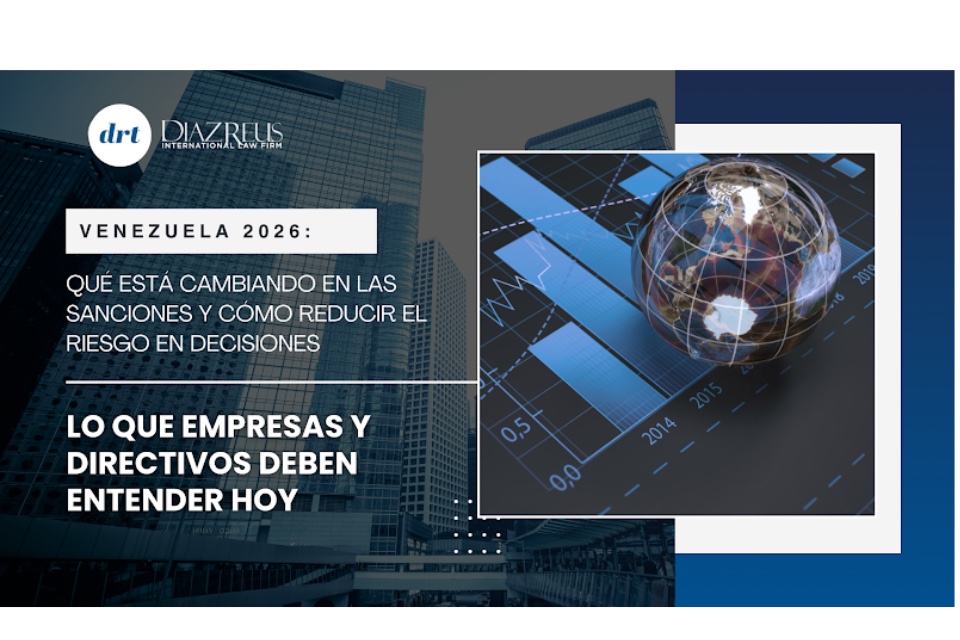




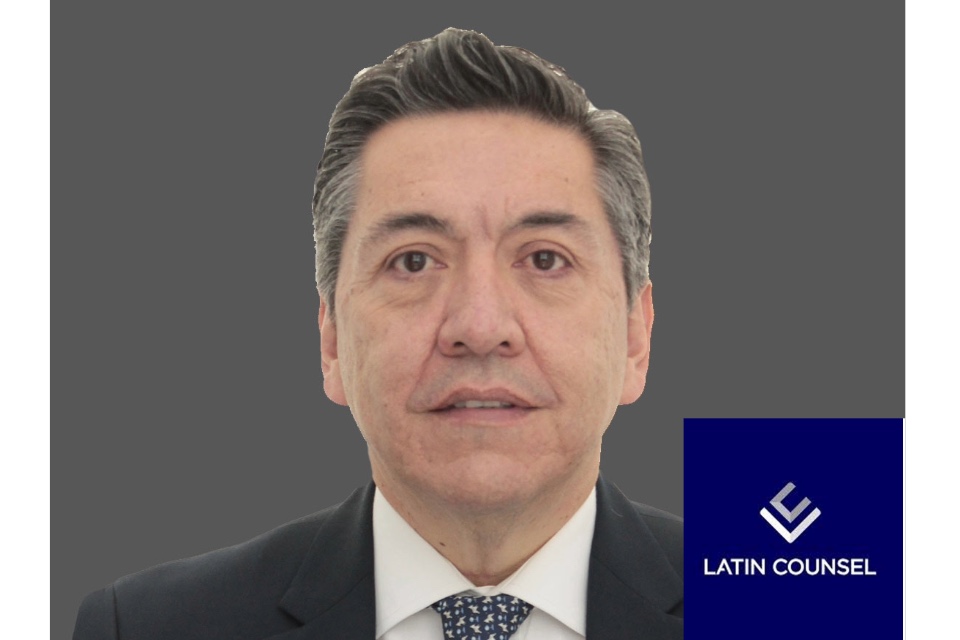
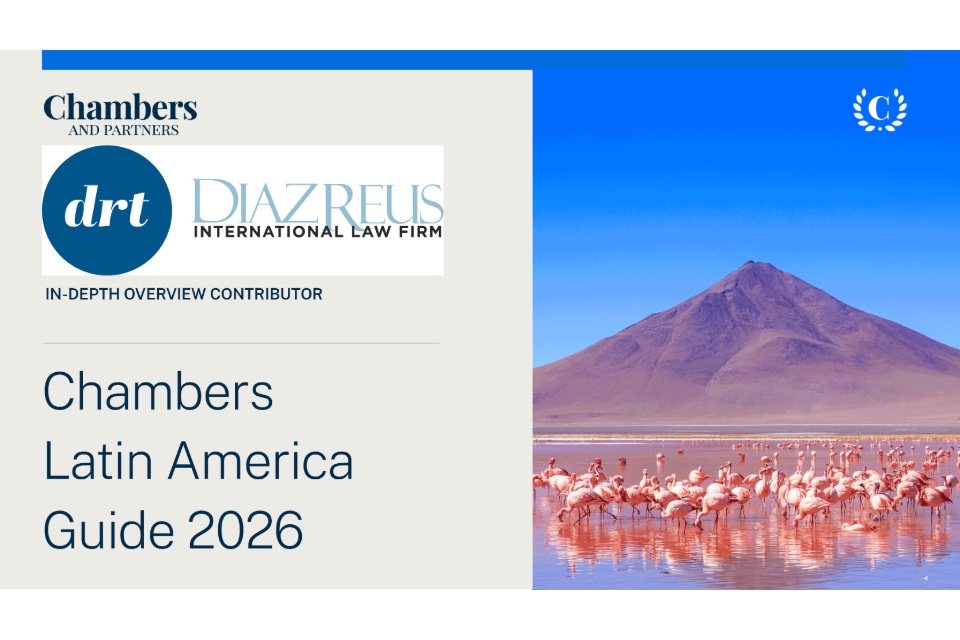

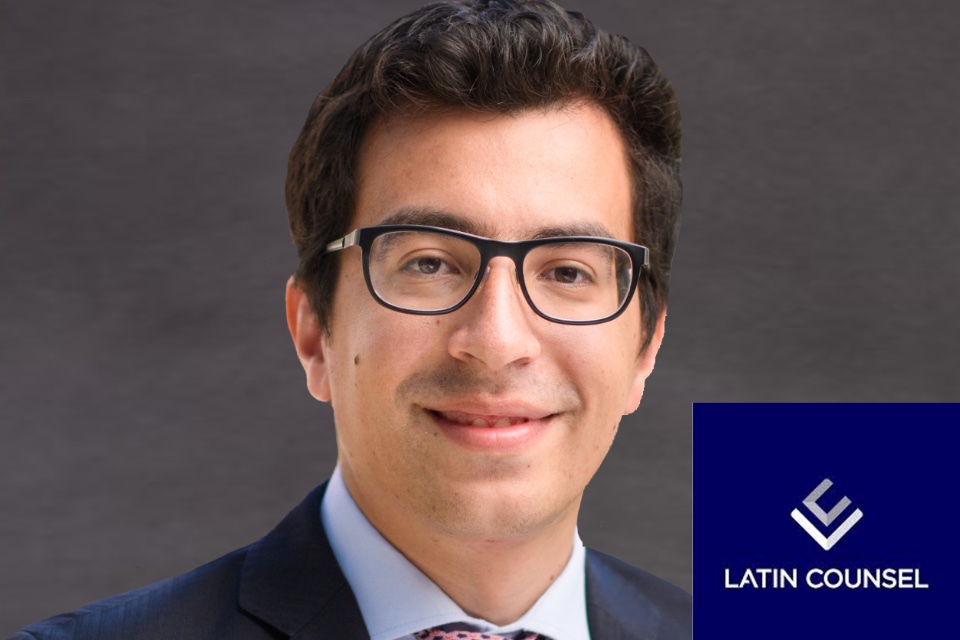
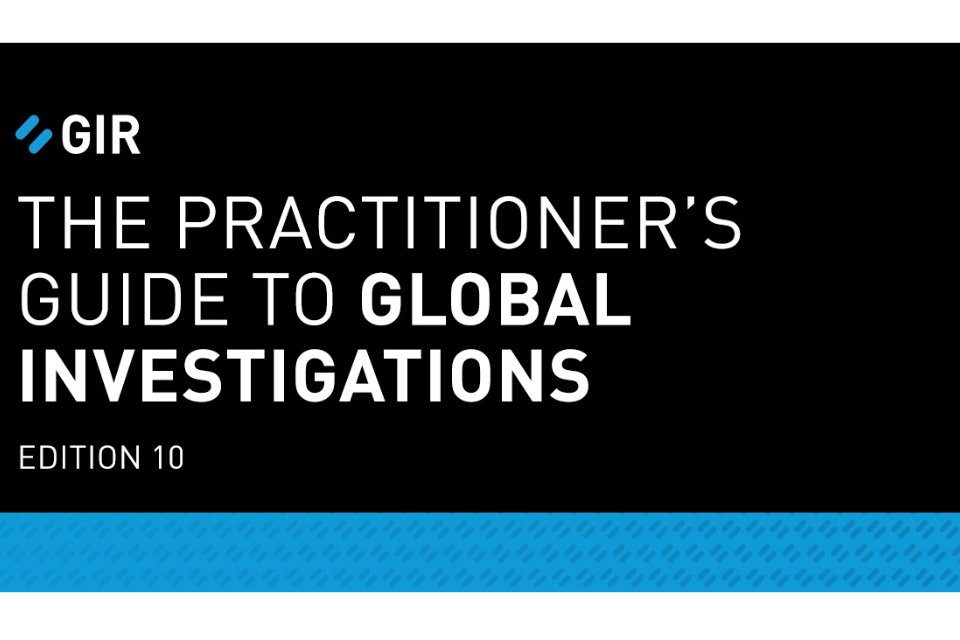
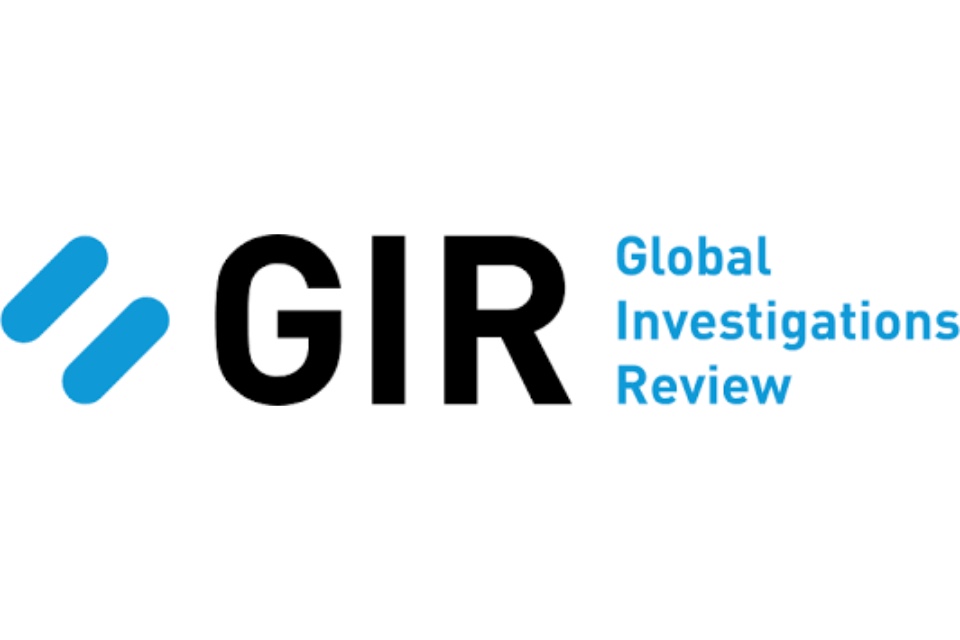
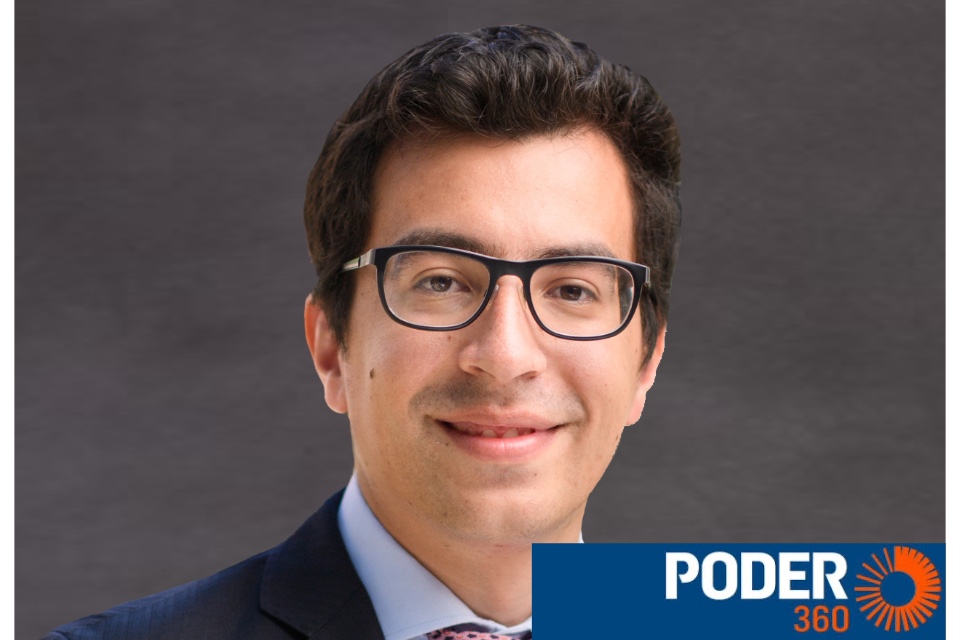
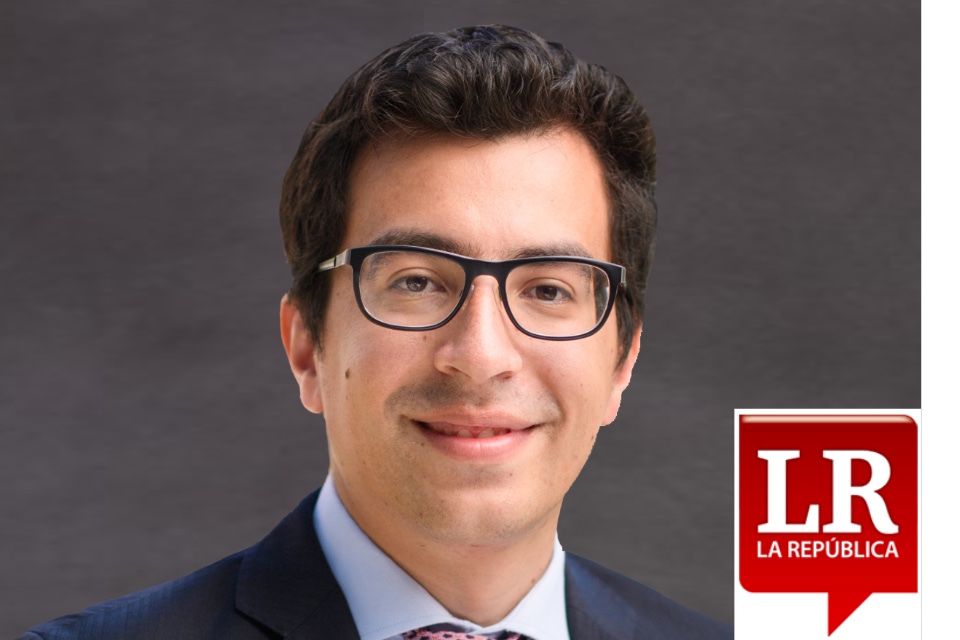
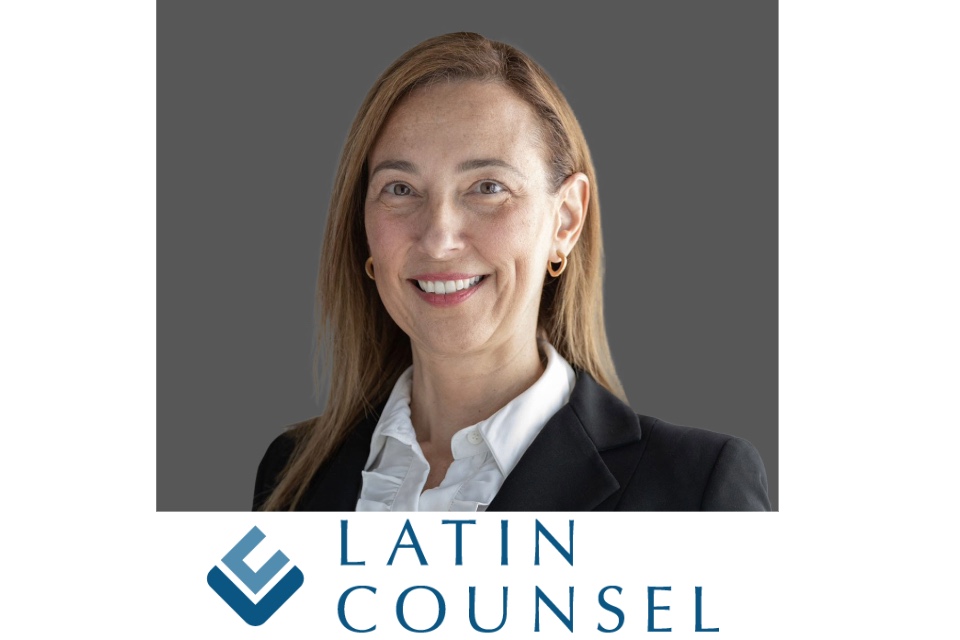
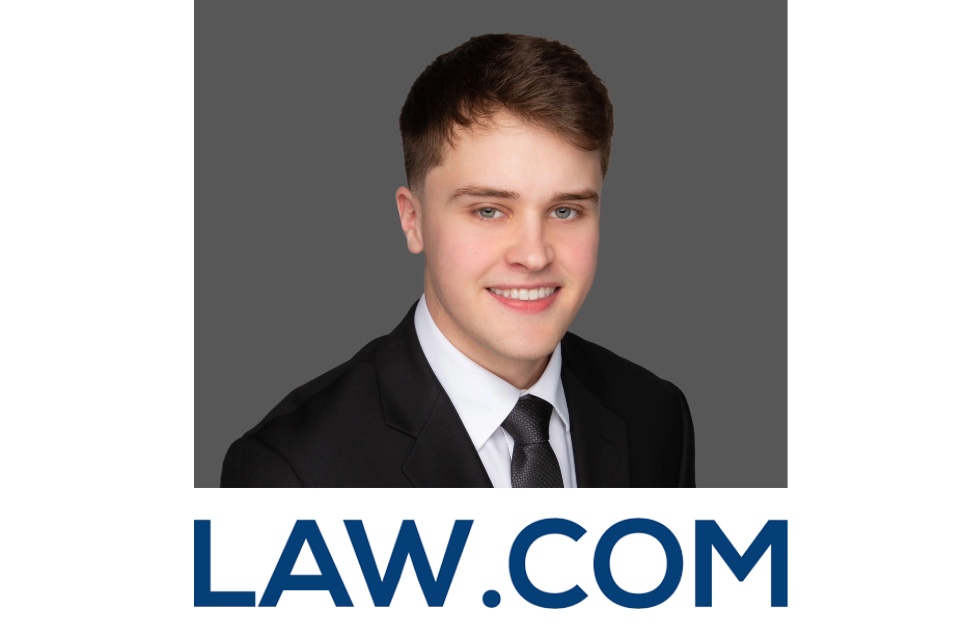
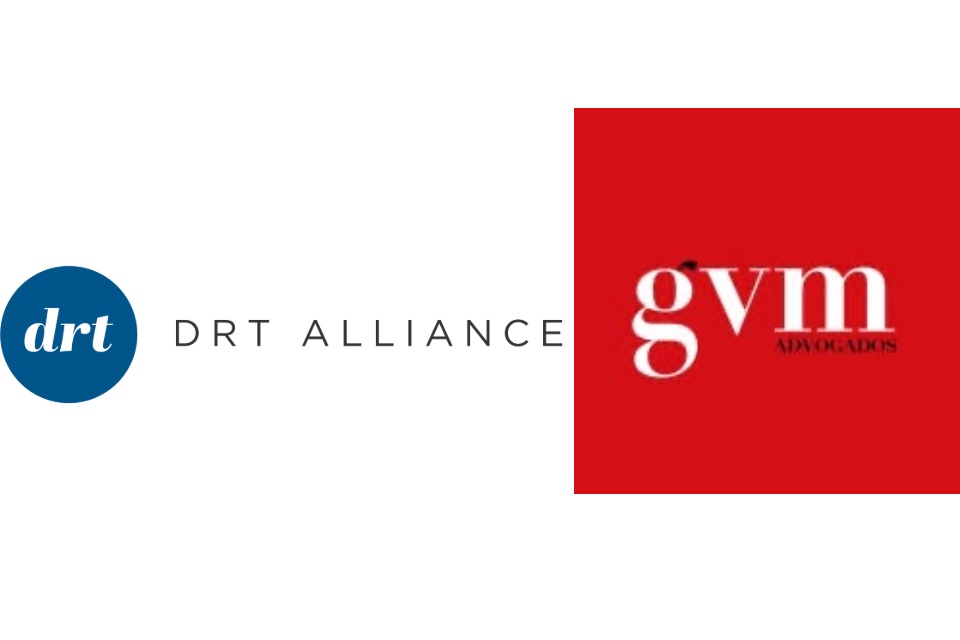



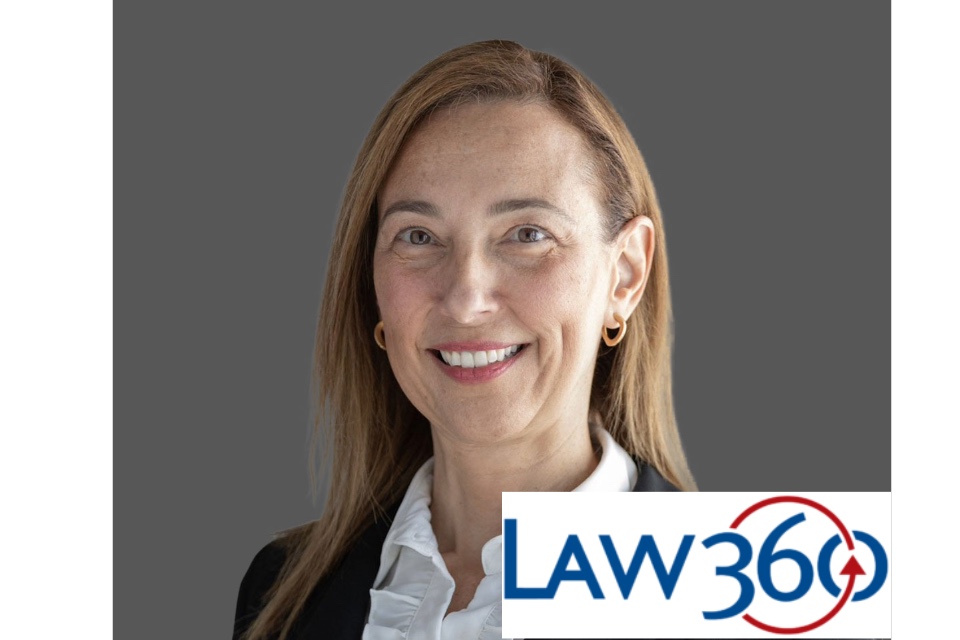










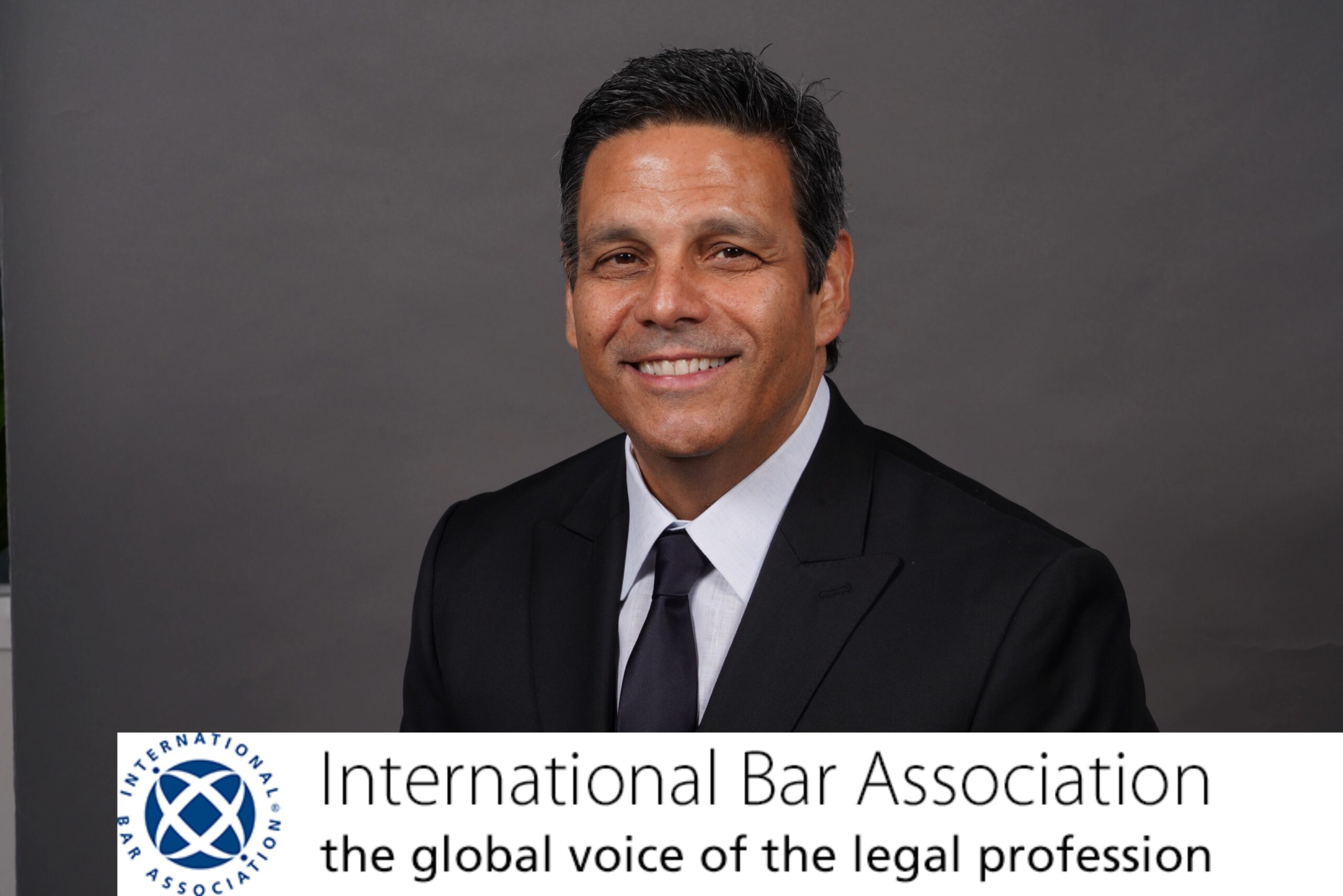
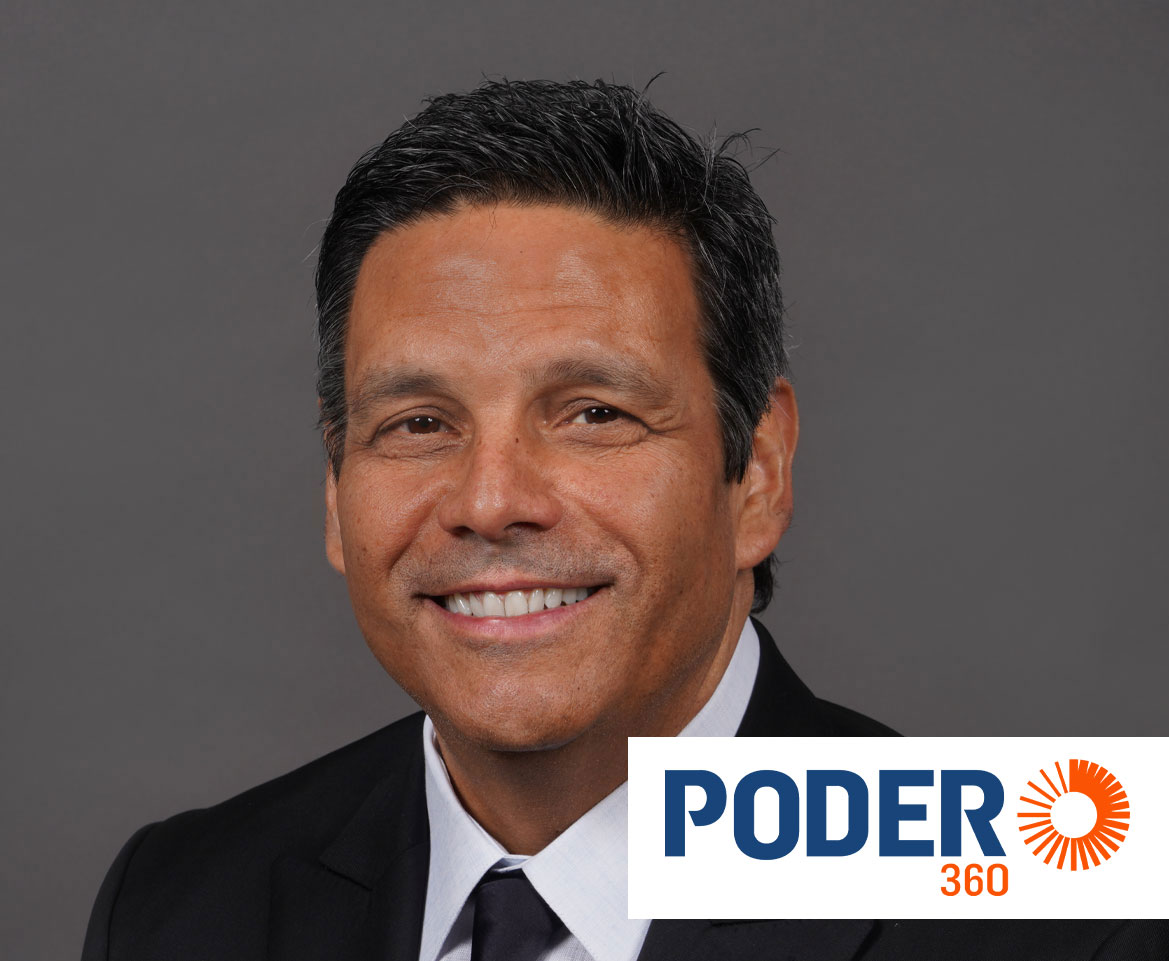








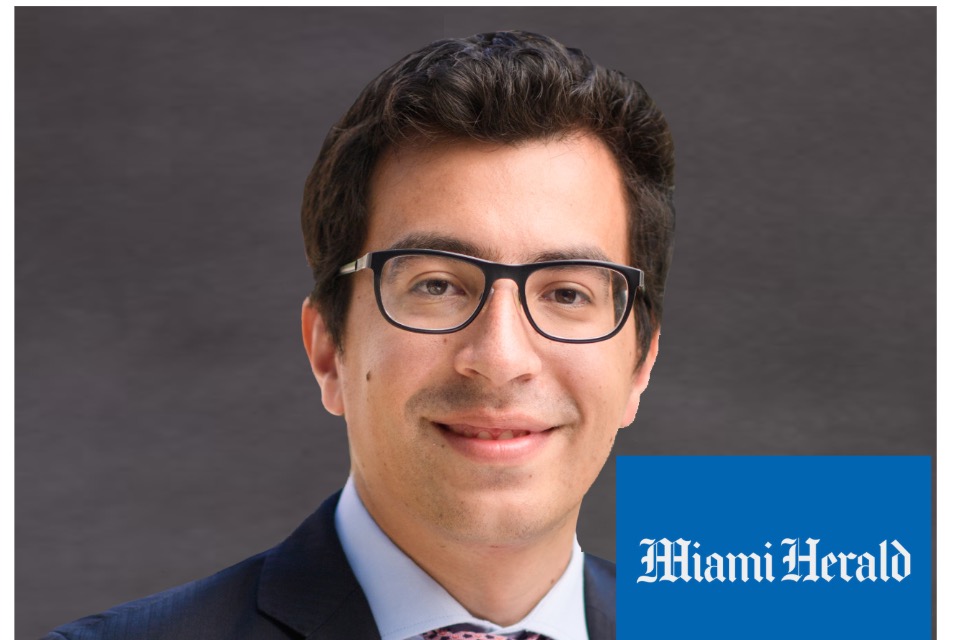





















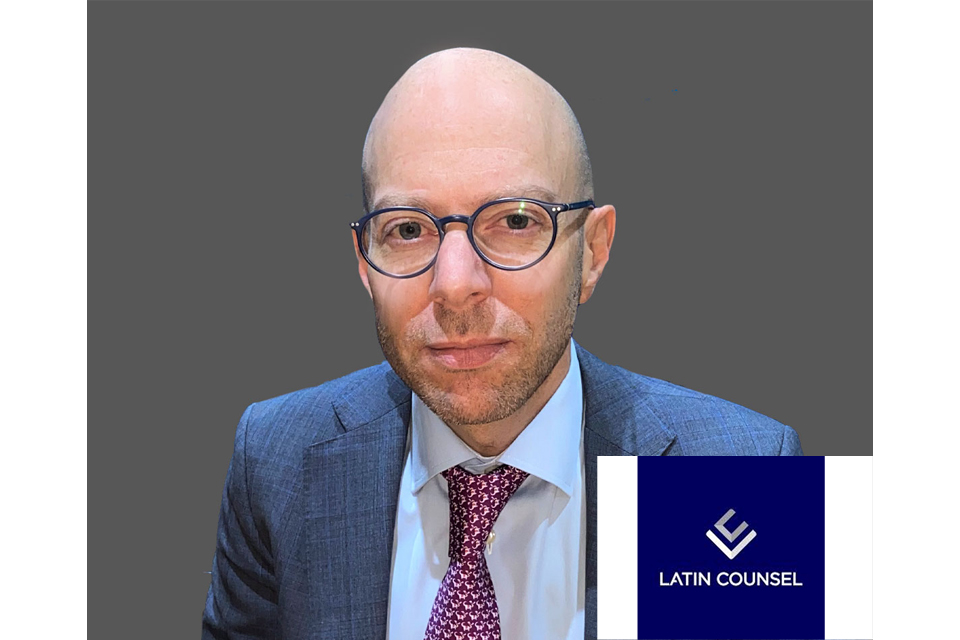




































![Especial abogados Salón de la Fama[61] 4](https://diazreus.com/wp-content/uploads/2023/06/Especial-abogados-Salon-de-la-Fama61-4-1-pdf.jpg)




























































































































































































